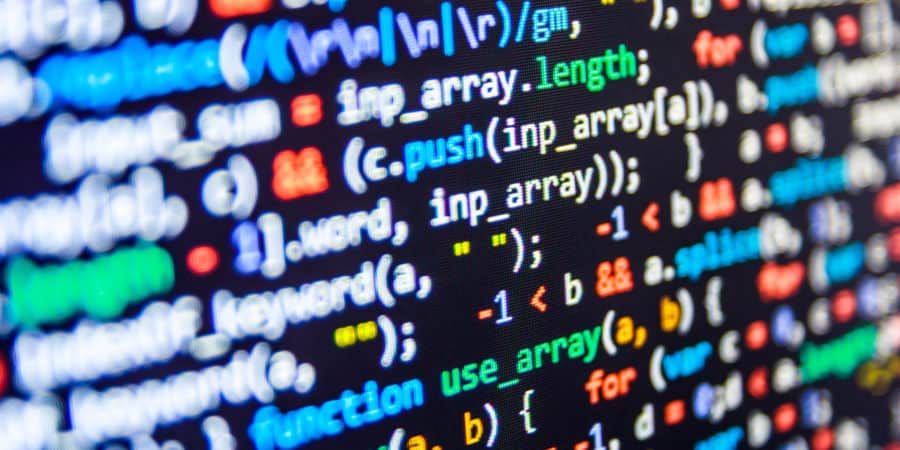An expert on AI and robotics says that the latest trend in her field is teaching AI to look inward to improve itself.
In one of computer science’s more meta moments, professor Chelsea Finn created an AI algorithm to evaluate the coding projects of her students.
The AI model reads and analyzes code, spot flaws and gives feedback to the students. Computers learning about learning—it’s so meta that Finn calls it “meta learning.”
Finn says the field should forgo training AI for highly specific tasks in favor of training it to look at a diversity of problems to divine the common structure among those problems. The result is AI able to see a problem it has not encountered before and call upon all that previous experience to solve it. This new-look AI can adapt to new courses, often enrolling thousands of students at a time, where individual instructor feedback would be prohibitive.
Emboldened by results in class, Finn is now applying her breadth-over-specificity approach to her other area of focus, robotics. She hopes to develop new-age robots that can adapt to unfamiliar surroundings and can do many things well, instead of a few, as she tells host Russ Altman and listeners to this episode of Stanford Engineering’s The Future of Everything podcast. Listen and subscribe here.
Related: Chelsea Finn, assistant professor in computer science and electrical engineering


